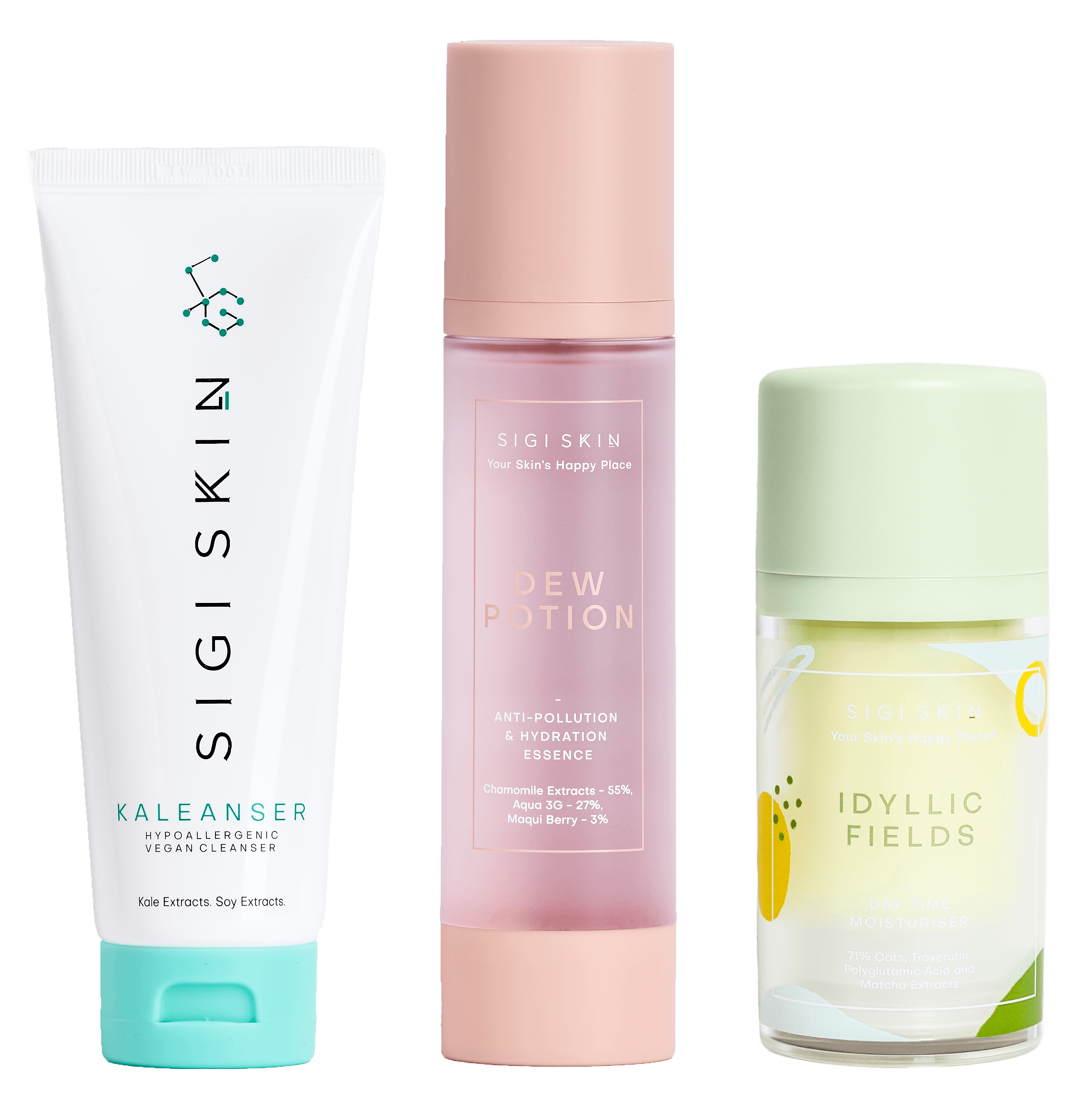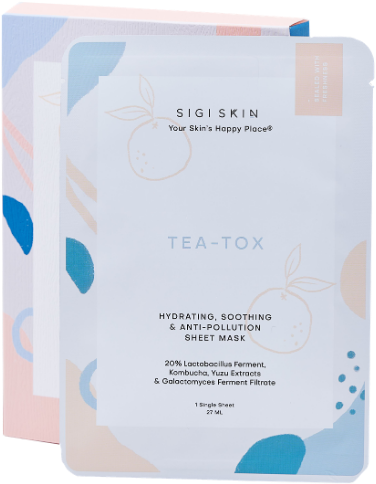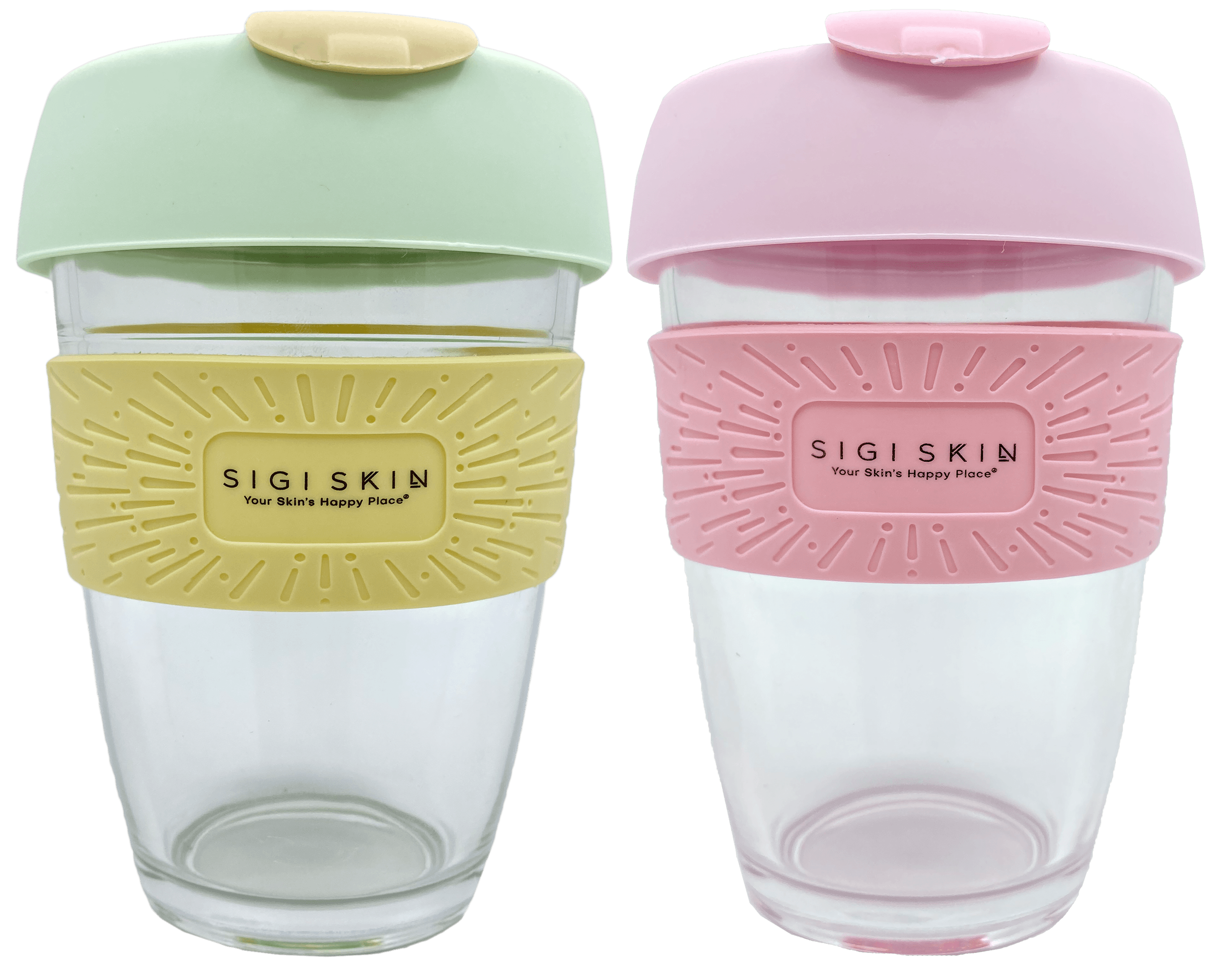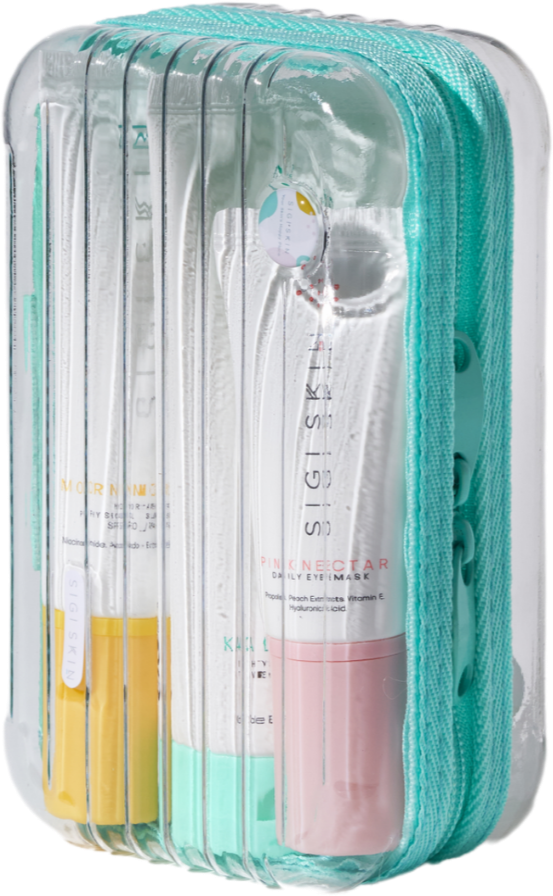Caring for eczema in the heat

When we think of summer, we associate it with hitting the beach, getting a tan, and going camping outdoors. However for some, summer is a living nightmare for those who struggle with atopic skin conditions such as eczema. Flare ups can manifest angry and red, with their anger persisting for as long as summer lasts.
Why do flare ups occur in the summer?
Eczema refers to a chronic skin condition that causes scaly, dry, red, inflamed and oftentimes itchy rashes that can affect anyone of any age, gender or skin type.
Coming from the dry, bitter cold in winter, summer may be a relief for some who experience eczema due to increased moisture in the air. However, too much of a climb in humidity can also result in eczema flare ups, as with increases in temperature, sweat, dampness and sun that can cause those itchy scaly patches to become even more inflamed. Furthermore, allergens like pollen in the summer can also contribute to its flare-ups, causing pain and even burning sensations.
What can you do?
#1 Use a gentle cleanser
Washing your face and cleansing it of all sweat is of priority whenever you return from outdoors, or at least before heading to bed and the first thing in the morning. If you have eczema skin, opt for a gentle cleanser that is safe to use even for sensitive skin to ensure that it does not cause further damage.
Kaleanser Face Wash - Removes waterproof makeup and sunscreen effectively with ease and helps to soften as well as calm the skin while removing all dirt, grime, sweat and sebum to balance your skin’s pH levels. Kaleanser is also extremely gentle, and works well for all skin types, but was formulated with sensitive skin types in mind.
#2 Hydrate and find steroid alternatives
An essential for eczema skin is moisturiser - a step you should never miss to prevent scaly and dry patches from cracking. A well-moisturised skin also helps with itching as it keeps your skin barrier healthy. If you visit the dermatologist for a prescription, they would more often than not recommend use of steroid creams. However, if you are currently expecting or nursing, steroid creams may not be the best solution.
Dew Potion Waterless Essence Mist - Contains 100% extracts, with the bulk consisting of calming chamomile that helps with reducing redness, inflammation and itching. It also helps with boosting the skin’s hydration levels, and keeps it moist for longer periods of time throughout the day. Dew Potion is also great as a steroid alternative as it is extremely effective not only for the face, but on the arms, legs or other parts where flare ups occur too!
#3 Protect against sun damage
Having spent too much time baking in the sun also increases the risk of eczema flare ups, especially in high heat and humidity. The scorching sun can further cause dry skin to become red, and result in painful cracks in the skin that can be difficult to treat, or may even be worsened because of a mixture of sweat and sebum. Even if you are thinking of staying indoors with the air conditioning turned on, these sun rays can still reach you through windows and glass panels. In order to prevent sun damage and its effect on eczema skin, make sure you use a vitamin C serum and sunscreen in the morning before you kick start your day! Vitamin C serums can act as an additional layer of defence if used together with sunscreen, just in case some might escape the first protective layer. Additionally, it can also lighten and prevent hyperpigmentation, fine lines and wrinkles!
Daylight Oasis Vitamin C Serum - Formulated with a concoction of medical-grade ingredients such as fucoidan, 15% L-Ascorbic acid, exosomes, and copper tripeptide, Daylight Oasis can help effectively protect against the sun’s harmful rays when layered with a sunscreen, while helping to boost collagen and reduce signs of ageing. With this layer of extra protection, you are minimising the risk of eczema flare ups.
Morning Glow Physical Sunscreen - A physical sunscreen with SPF50, PA++++, Morning Glow helps give the maximum protection your skin needs from UVA and UVB rays, while still hydrating your skin to prevent dry patches when under the sun.








Leave a comment